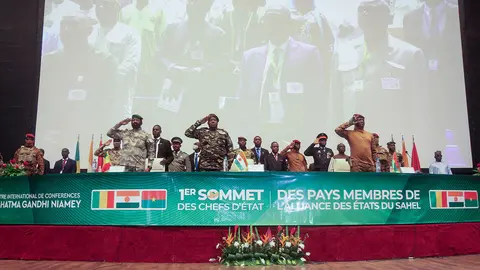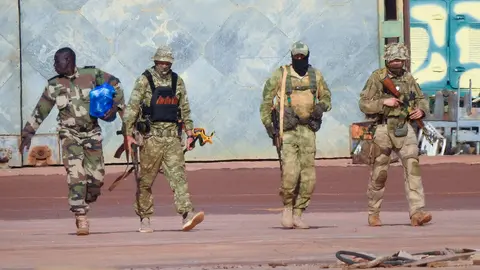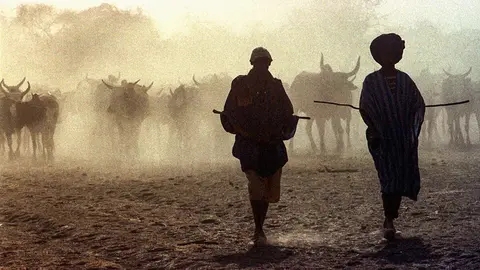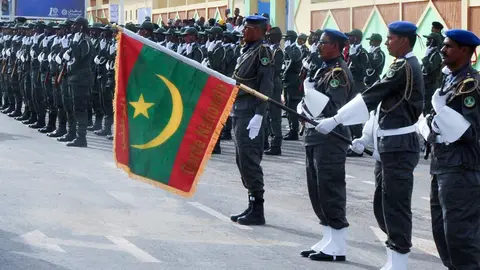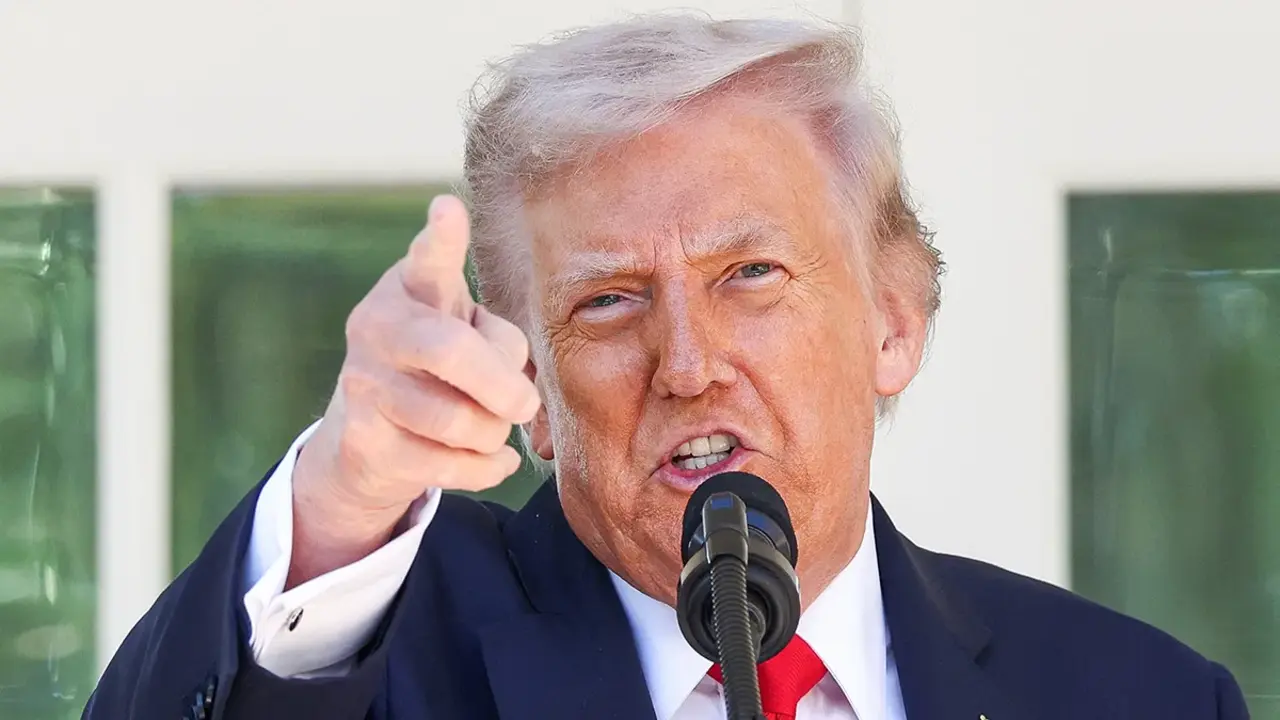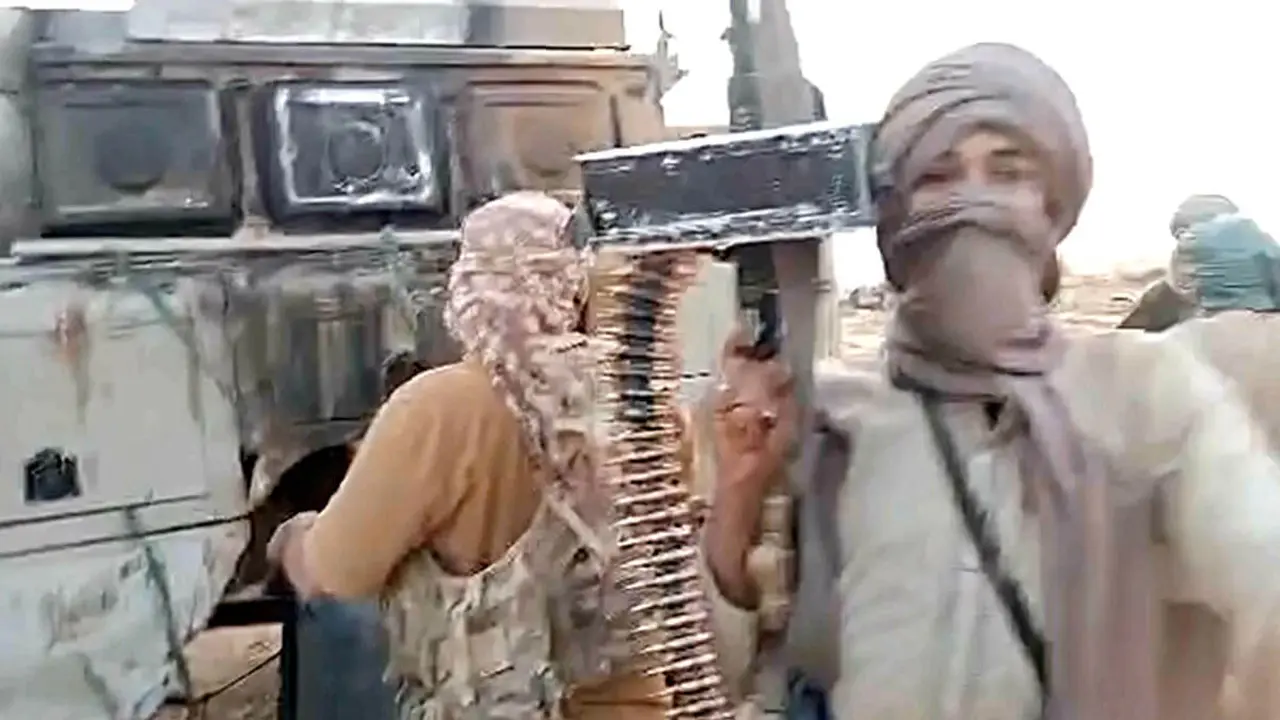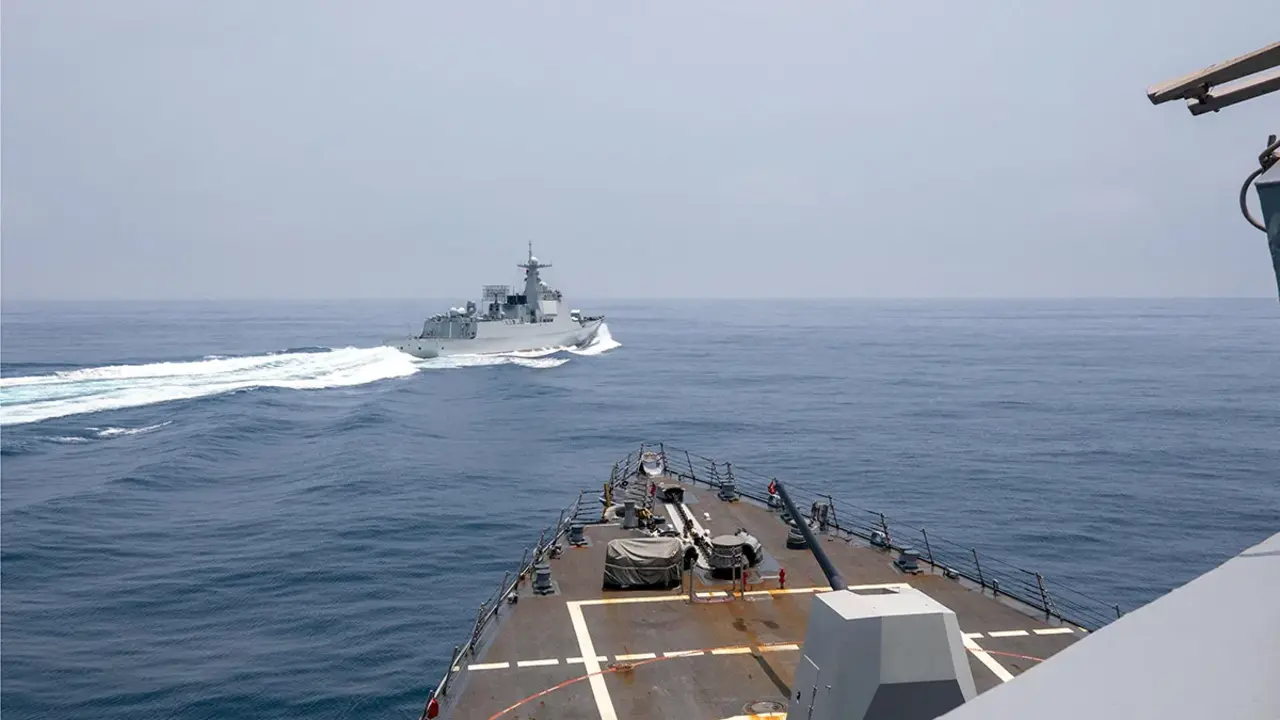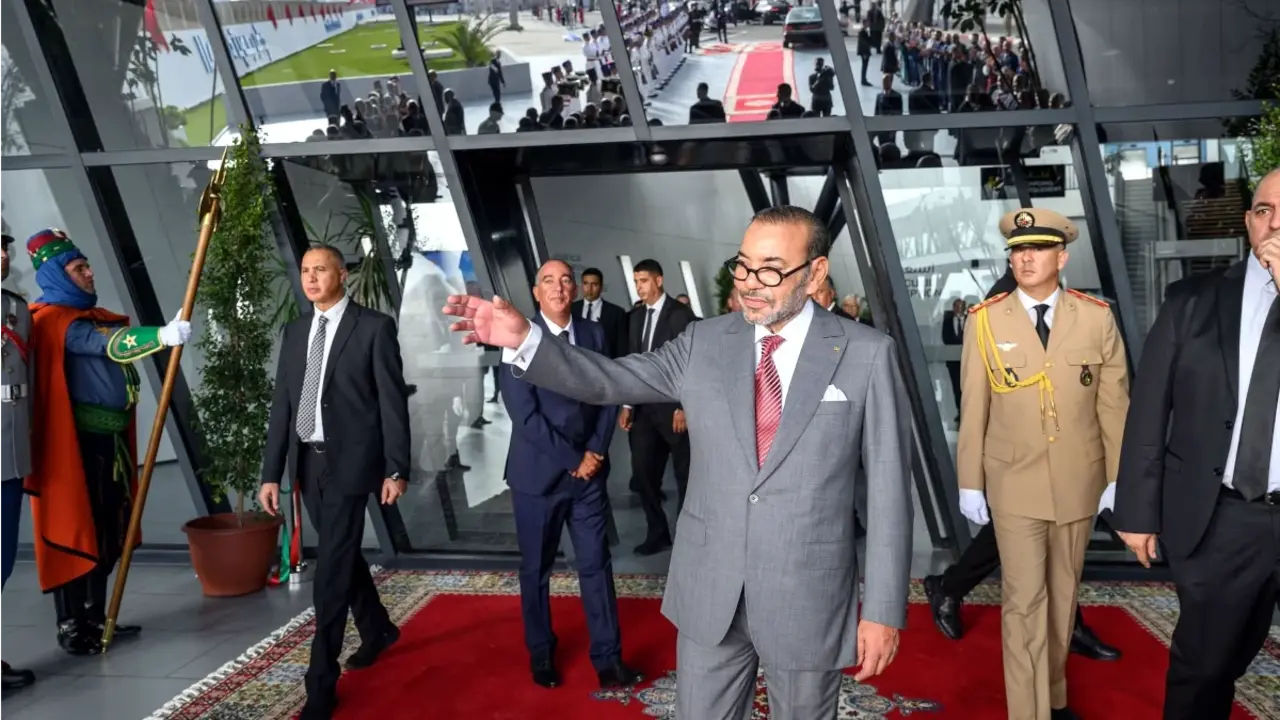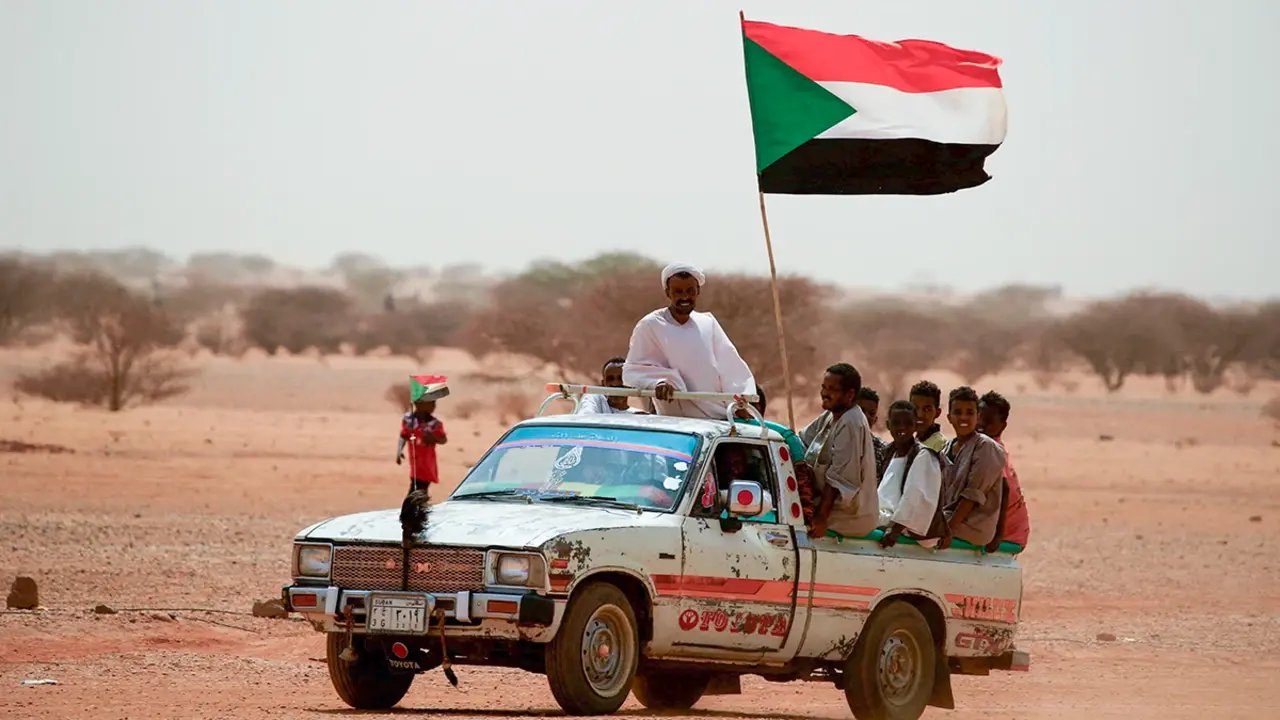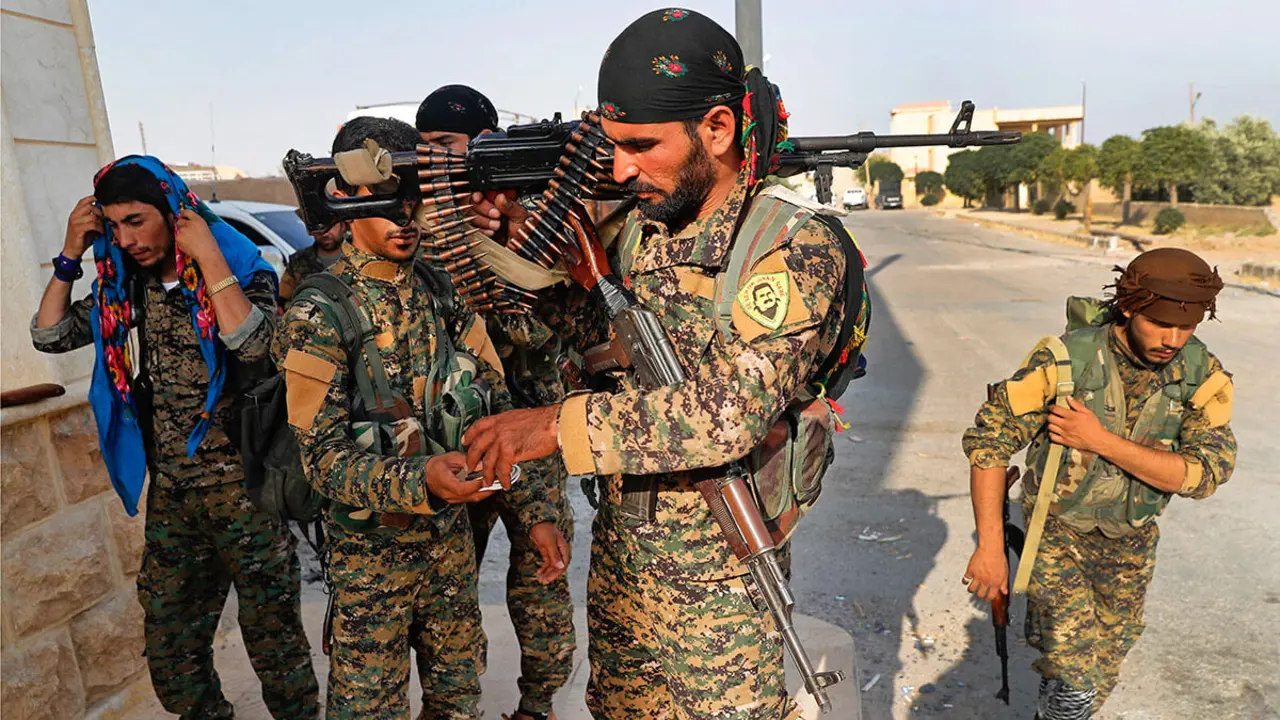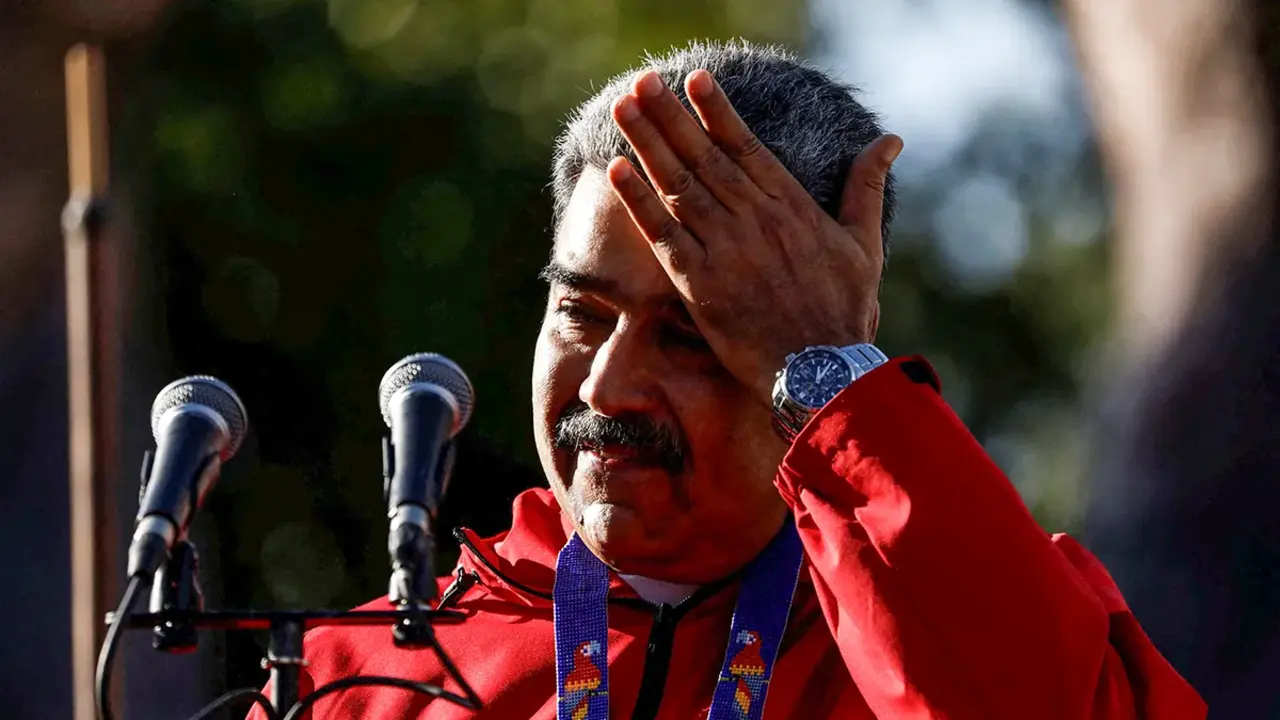Al-Qaeda seeks to gain a foothold in Burkina Faso with the aim of expanding into the Gulf of Guinea
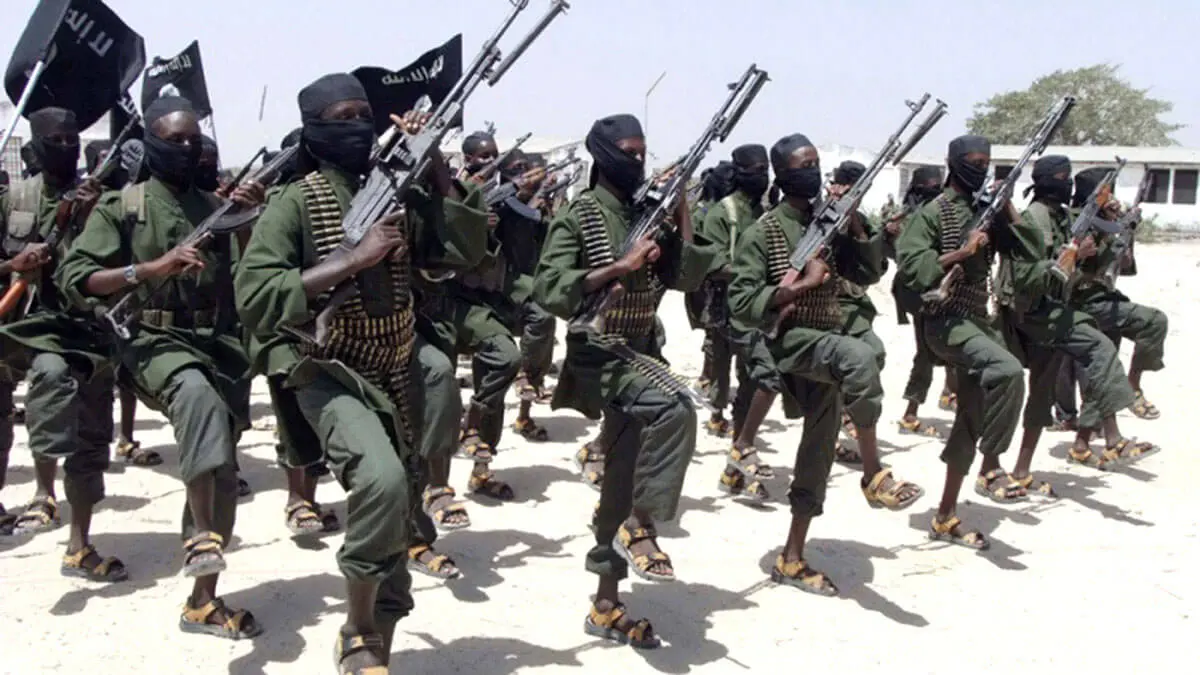
The latest attack in Burkina Faso by Jama'at Nusrat al-Islam wal-Muslimin (JNIM), an al-Qaeda-linked terrorist organisation, once again highlights the need for regional and global strategies to halt the rise of terrorism in the Sahel region.
This attack, which left more than 200 dead and more than 300 wounded, adds to the ongoing massacres committed by this terrorist group as national security forces, in cooperation with civilians, try to prevent the advance of jihadism. Dozens of civilians, mostly young men, have begun helping the army dig trenches to protect key sites in the Barsalogo region, 40 kilometres north of the strategic town of Kaya, the last fortified area protecting the capital, Ouagadougou.
Members of the volunteer civilian army, which was included by Burkina Faso's military government to support the weakened regular forces, have received training from soldiers and also weapons from time to time, making them a prime target for terrorists.
Violence has intensified in Burkina Faso since thousands of civilians were included in the security forces in order to fight terrorist groups and deal with their threats. Local residents have formed paramilitary alliances to defend their towns and villages from terrorist expansion, especially in the hardest-hit areas, where they became a key target for al-Qaeda-linked terrorists.
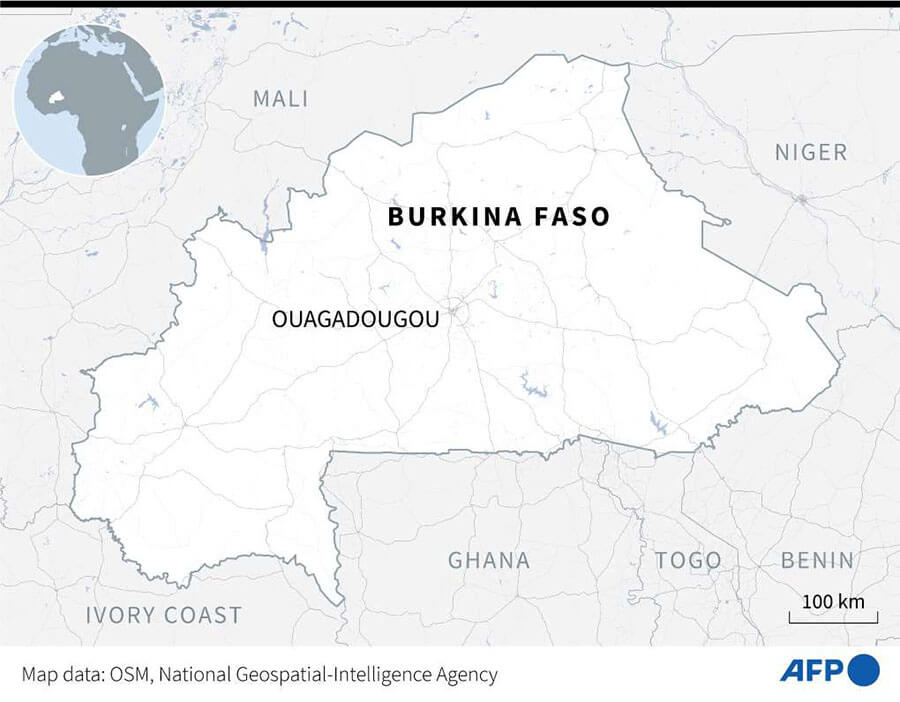
Al-Qaeda's branch in Burkina Faso (the Group for the Support of Islam and Muslims) reversed the plan to recruit civilians to fight against them, as thousands of civilians began to feel frustrated and abandoned by the ruling military authority as a result of the killing of large numbers of people due to lack of protection in rural areas, as well as poor combat efficiency and lack of intelligence from the army. All provided the terrorists with opportunities to attract large numbers of civilians and young people who had lost confidence in the army and the ruling institutions.
The plan to recruit civilians was not the only reason that drove a wedge between the people and the new ruling class, as the formation of civilians into military groups to protect towns and cities from terrorist attacks led to the creation of a militia that committed crimes and massacres against specific ethnic groups under the pretext of some of its members being extremists. The ‘Musa Kogliojo’ militia, for example, has committed massacres against members of the Fulani ethnic group in recent years.
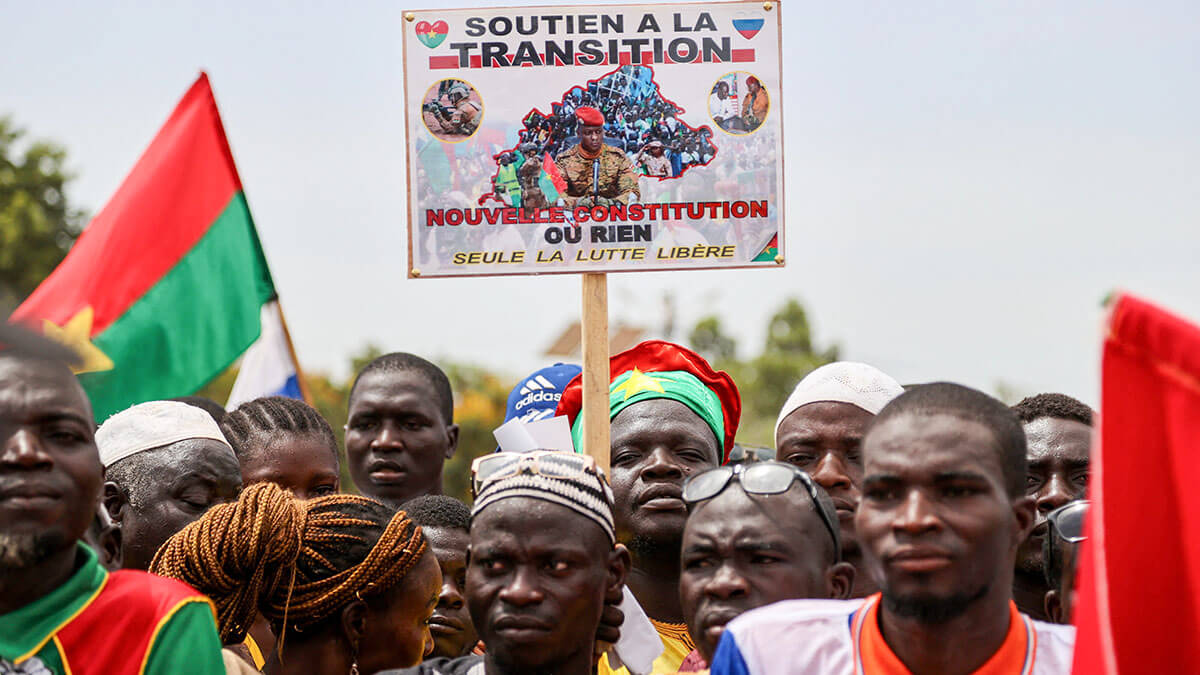
Burkina Faso, on the brink of collapse and social disintegration
All this violence and social instability is leading Burkina Faso to unprecedented social disintegration, as well as the collapse of the authorities due to public discontent and the strong advance of jihadist groups, which already control 40% of the country. To this must be added the high level of poverty, the lack of security and the large number of displaced people, which also fuels the growth of extremists.
In addition to actively recruiting civilians who have lost confidence in the state, the Islamic and Muslim Support Group also attracts followers among those ethnic groups suffering persecution and injustice.
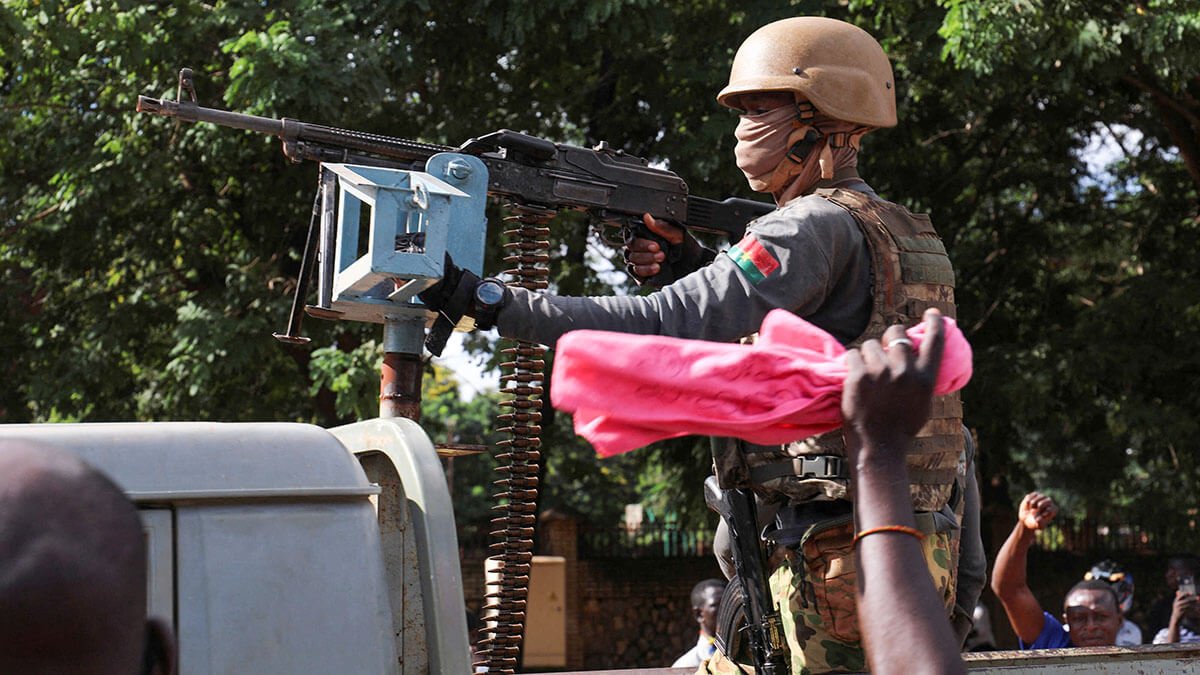
On the other hand, continued terrorist attacks against the military and security services threaten to cause discontent within the ranks of the armed forces due to the inability of the authorities to deal with the terrorist threat. Indeed, these were the same reasons that officer Ibrahim Traoré used to justify his coup d'état two years ago. At the time, the current military leader claimed that he and his followers had no choice in the face of the deteriorating situation.
However, despite this change in the country's military command, the al-Qaeda-linked terrorist group has continued to launch numerous attacks against army forces. The most recent attack took place in early June in the town of Mansilla and left 100 dead. Similarly, some government buildings in the capital were targeted by military attacks, which came to be seen as a failed coup attempt supported by jihadist movements.
Gulf of Guinea: the next target
Through this escalation of attacks against military and civilians, the Group for the Support of Islam and Muslims seeks to create a wide vacuum to complete its control over the territory of Burkina Faso, establishing a corridor to the countries located on the west coast of Africa. This plan is part of their strategy to extend the influence of terrorist groups towards the countries of the Gulf of Guinea.
The current total control over large parts of northern Mali and Burkina Faso is conducive to the terrorists' advance towards this region with access to the Atlantic Ocean. The Gulf countries are also rich in oil and minerals, such as Côte d'Ivoire, Benin, Nigeria, Togo and Cameroon, as well as being the bridge between West and Central Africa.
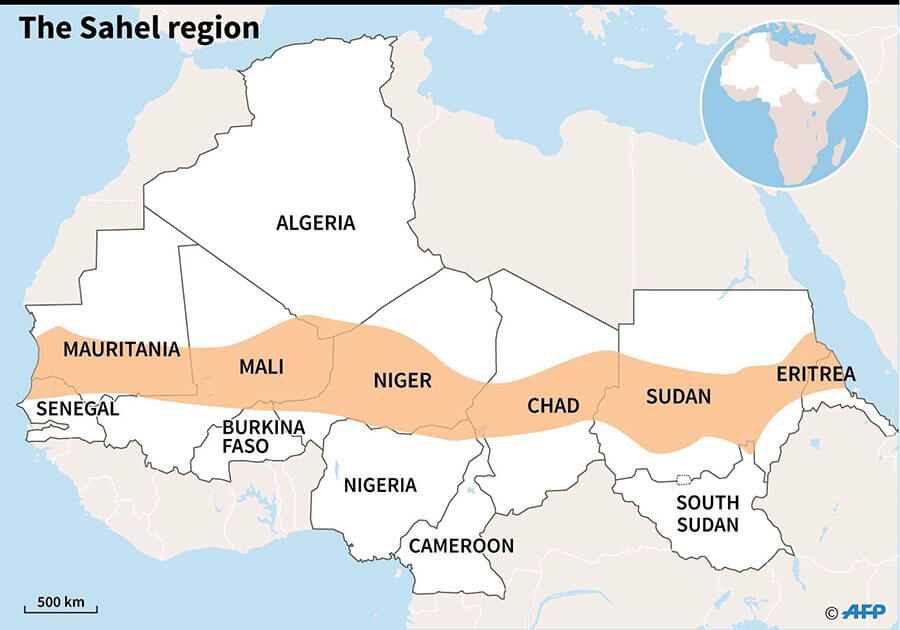
The relocation of terrorist groups' operations to the Gulf of Guinea region, imposing almost total control over Burkina Faso, also ensures the consolidation of their smuggling and piracy activities, which is the basis of their resources.
After the extremist groups control large areas of the Sahel, Gulf countries such as Benin, Togo or Côte d'Ivoire become their next target. So far, they have already managed to gain a foothold in parts of these nations, as well as in Ghana, Guinea and Senegal.
The Gulf of Guinea has problems that could benefit terrorists to continue their advance, such as escalating violence, conflict, social marginalisation and the adoption of military approaches without addressing the underlying causes of the spread and spread of extremist ideas.
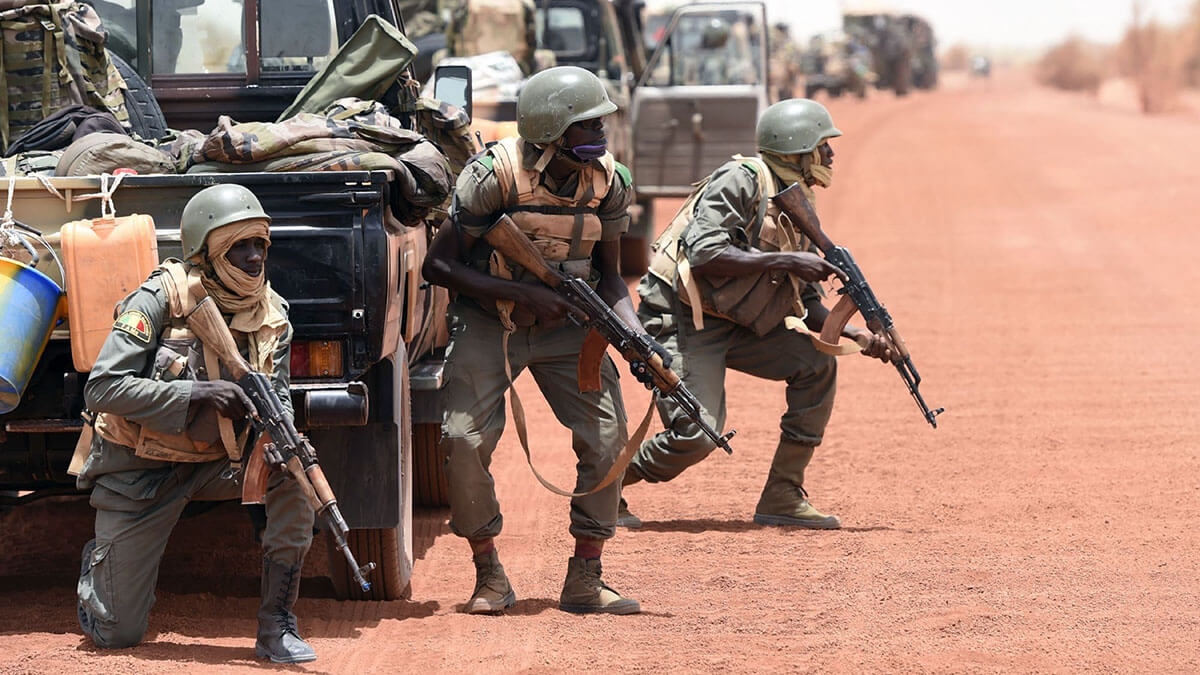
The collapse of the Sahel countries would allow the formation of a stable axis of terrorism in the region, capable of spreading its weapons abroad, moving and expanding into border areas. This is why the Gulf nations must address the terrorist threat realistically and proactively, avoiding making the same mistakes that were made in the Sahel related to the use of mercenaries and international militias that are not subject to any controls and violate international humanitarian law.

